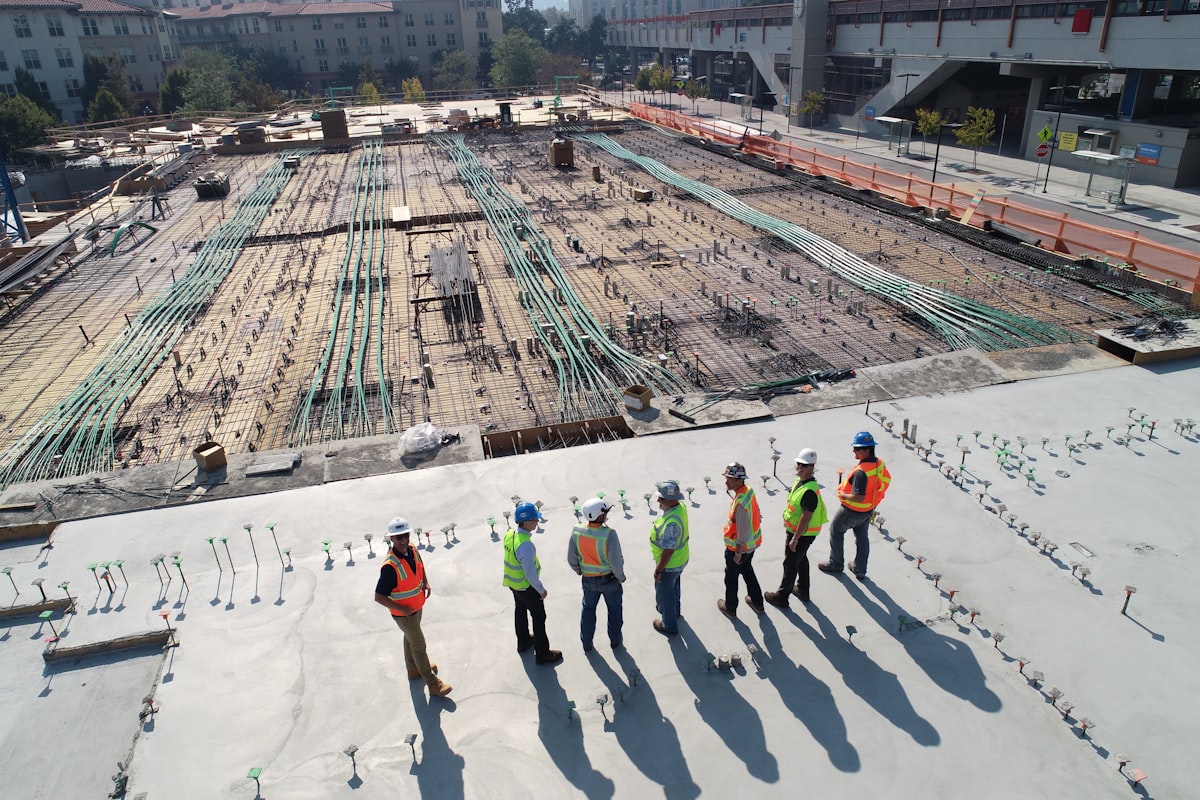What is fieldengineer? 101
A state-of-the-art digital platform called FieldEngineer helps enterprises and independent field engineers and workers in the telecommunications, networking, and information technology industries interact.

FieldEngineer is an innovative digital platform that connects organizations with freelance field engineers and technicians in the telecommunications, networking, and information technology industries.
What is fieldengineer.com?
FieldEngineer is a cutting-edge digital platform that fosters connections between businesses and freelance field engineers and technicians within the telecommunications, networking, and information technology sectors. Established in 2016, FieldEngineer addresses the unique challenges companies face in search of specialized experts for project-based assignments while offering engineers and technicians an avenue to explore diverse job opportunities globally.
We love using fieldengineer.com to keep up with our engineering work - John Doe, TechData.
By utilizing FieldEngineer, companies can post job requisitions, peruse an extensive selection of available professionals, and oversee projects, all within the confines of the platform. In parallel, field engineers and technicians can create comprehensive profiles highlighting their skills and experience and actively seek and apply for relevant employment opportunities.
FieldEngineer is particularly advantageous for businesses necessitating on-demand or project-oriented services, as it grants them access to a vast pool of talent without needing a full-time workforce. Moreover, the platform empowers freelancers to secure work in their fields of expertise and develop their professional networks.
What does a FieldEngineer do?
A Field Engineer is a specialized professional who operates across diverse sectors, including telecommunications, construction, manufacturing, and utilities. Their primary objective is designing, deploying, maintaining, troubleshooting, and mending equipment, systems, and infrastructure in various field settings. This ensures that all equipment and systems are functioning optimally and efficiently. Critical tasks and responsibilities of a Field Engineer may encompass:
- Site evaluations: Performing site assessments to collect information regarding location, equipment, and environmental factors, which inform the design and planning of projects.
- Design and strategizing: Formulating plans and designs for novel installations, upgrades, or alterations to existing systems or infrastructure, following technical specifications and client demands.
- Installation and activation: Implementing, configuring, and initializing equipment, systems, and infrastructure based on design specifications while verifying that they fulfill performance criteria.
- Maintenance and restoration: Executing regular upkeep, diagnosing issues, and repairing equipment, systems, and infrastructure to guarantee peak performance and minimize downtime.
- Technical assistance: Offering technical support and guidance to clients, coworkers, and other stakeholders, addressing any challenges or concerns that emerge.
- Documentation: Generating and preserving precise records, reports, and documentation related to projects, installations, maintenance, and repairs.
- Training: Facilitating training sessions for clients and team members on equipment and systems usage, operation, and maintenance.
- Collaboration: Cooperating closely with other professionals, such as project managers, engineers, technicians, and sales teams, to ensure the successful completion of projects and client satisfaction.
- Compliance: Guaranteeing that all work adheres to applicable industry standards, regulations, and safety guidelines.
- Continuous improvement: Remaining current with industry trends, technologies, and best practices and applying this knowledge to enhance processes, equipment, and systems.
Field Engineers frequently work autonomously or as part of a larger team, and their roles can vary based on the specific industry, organization, and project requirements.





